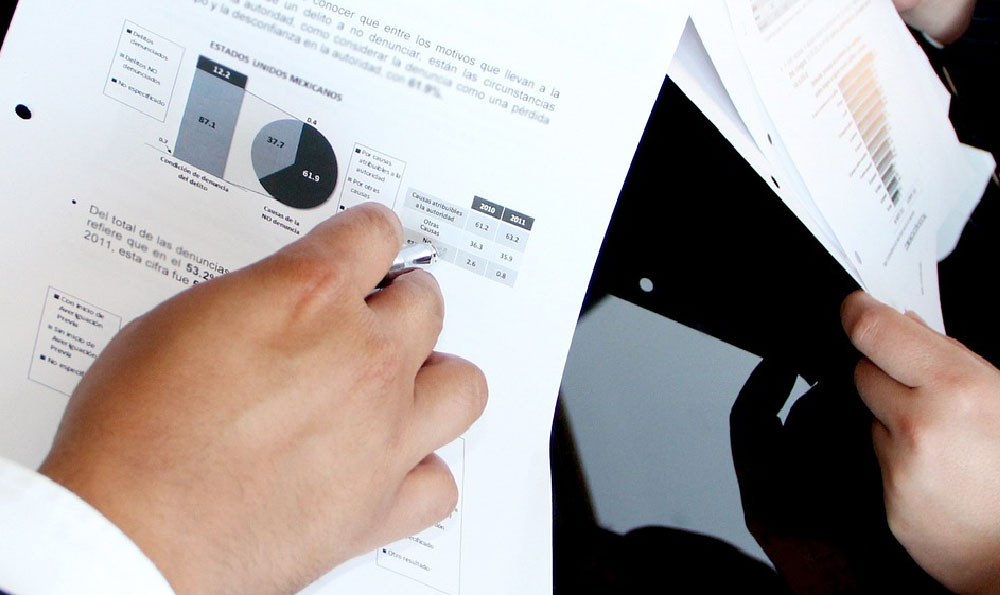Okay, I'm ready. Here's an article exploring the profitability of property investment and guidance on how to begin, avoiding the specific title and adhering to your other requirements:
Is property investment a path to riches, or a road paved with potential pitfalls? The answer, as with most investment questions, is complex and depends heavily on individual circumstances, market conditions, and a well-defined strategy. While the allure of passive income and long-term appreciation is strong, understanding the nuances of property investment is crucial before taking the plunge.
One of the primary reasons people are drawn to property is the potential for generating income. This can take two main forms: rental income from tenants and capital appreciation, the increase in the property's value over time. Rental income provides a steady stream of cash flow, helping to cover mortgage payments, property taxes, and maintenance costs, while capital appreciation allows investors to realize a profit when the property is eventually sold. However, both forms of income are subject to market fluctuations. Rental demand can decrease during economic downturns, leading to vacancy periods and reduced cash flow. Similarly, property values can decline due to factors like interest rate hikes, oversupply in the market, or changes in local demographics.

Several factors influence the profitability of property investment. Location is paramount. Properties in desirable areas with strong infrastructure, good schools, and access to amenities tend to command higher rents and appreciate faster than those in less desirable locations. Thorough research into the local market is essential to identify areas with growth potential. Understanding zoning regulations, development plans, and demographic trends can provide valuable insights.
Interest rates play a significant role. Higher interest rates increase mortgage costs, making it more expensive to finance a property purchase. This can reduce the profitability of rental income and potentially dampen demand, impacting property values. Keeping a close eye on interest rate trends and considering fixed-rate mortgages to lock in predictable payments can mitigate this risk.
Property management is another critical aspect. Whether you choose to self-manage or hire a property management company, effectively managing your property is essential for maintaining its value and attracting quality tenants. This includes screening tenants, handling repairs and maintenance, collecting rent, and addressing tenant issues promptly. Poor property management can lead to higher vacancy rates, increased maintenance costs, and ultimately, reduced profitability.
Economic conditions at large also wield considerable influence. During economic booms, demand for housing typically increases, driving up rents and property values. Conversely, during recessions, demand may decrease, leading to lower rents and potentially declining property values. Understanding the economic cycle and its impact on the property market is crucial for making informed investment decisions.
Now, let's move on to the practical aspects of getting started. First and foremost, define your investment goals. Are you looking for long-term capital appreciation, a steady stream of rental income, or a combination of both? Understanding your objectives will help you determine the right type of property to invest in and the appropriate investment strategy.
Next, assess your financial situation. Property investment requires significant capital, not just for the initial purchase but also for ongoing expenses like mortgage payments, property taxes, insurance, and maintenance. Determine how much you can afford to invest without jeopardizing your financial stability. Consider getting pre-approved for a mortgage to understand your borrowing capacity.
Conduct thorough market research. This involves analyzing local market conditions, identifying potential investment properties, and evaluating their potential for generating income and appreciation. Look for properties in areas with strong rental demand, low vacancy rates, and good prospects for future growth. Compare prices of similar properties to determine a fair market value.
Due diligence is also essential. Once you've identified a potential investment property, conduct thorough due diligence to uncover any hidden problems or risks. This includes obtaining a professional property inspection to identify any structural or mechanical issues, reviewing title documents to ensure clear ownership, and researching any potential environmental hazards.
Negotiating the purchase price is a critical step. Don't be afraid to negotiate with the seller to get the best possible price. Consider factors like the property's condition, recent sales of comparable properties, and current market conditions.
Finally, secure financing. Unless you're paying cash for the property, you'll need to secure a mortgage. Shop around for the best interest rates and terms. Consider working with a mortgage broker who can help you find the right loan for your needs.
Beyond these foundational steps, consider several additional strategies to enhance profitability. One is to add value to the property through renovations or improvements. This could involve upgrading kitchens and bathrooms, adding energy-efficient features, or landscaping the yard. These improvements can increase the property's appeal to tenants and potentially command higher rents.
Another strategy is to diversify your property portfolio. Investing in different types of properties in different locations can help mitigate risk. For example, you could invest in both residential and commercial properties, or properties in different cities or states.
Consider engaging with a financial advisor or property investment consultant. They can offer personalized advice based on your individual circumstances and goals. They can help you develop a sound investment strategy, identify potential risks and opportunities, and navigate the complexities of the property market.
Property investment isn't a get-rich-quick scheme. It requires careful planning, diligent research, and ongoing management. But with a well-defined strategy and a commitment to learning and adapting, it can be a profitable and rewarding investment. Remember to continuously monitor market trends, adapt your strategy as needed, and always prioritize sound financial management. The key to success lies in informed decision-making, a long-term perspective, and a willingness to learn from both your successes and your mistakes. Good luck!












